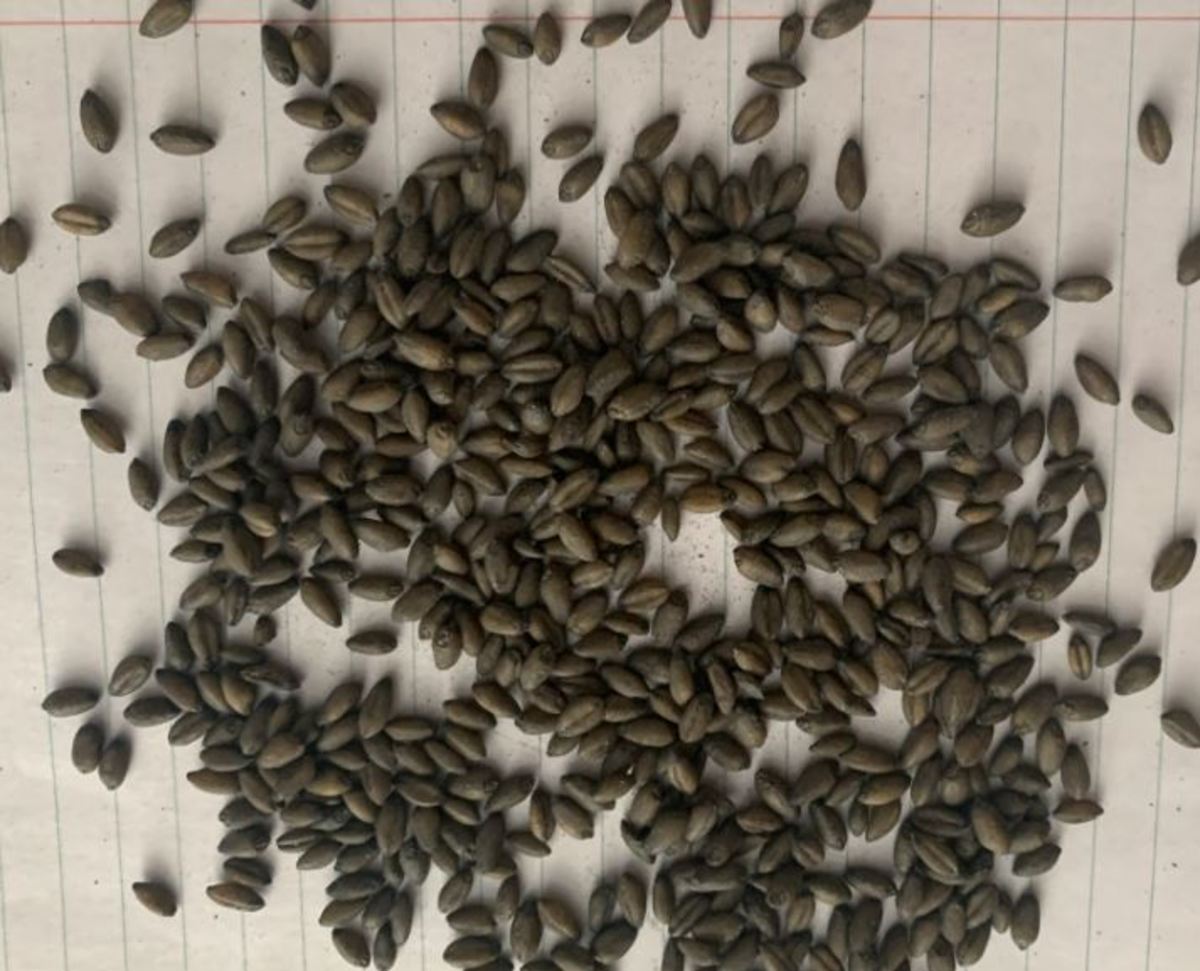NSW EPA warn against using commercial mouse bait in homes
Oliver Brown
05 March 2021, 1:44 AM
 The NSW EPA are warning rural residents to think again before using commercial mouse bait in their homes
The NSW EPA are warning rural residents to think again before using commercial mouse bait in their homesThe NSW Environment Protection Authority (EPA) is trying to incentivise rural residents to remove potentially hazardous commercial mouse bait from their homes by offering to foot the bill to safely remove and dispose of it.
The commercial bait in question is zinc phosphide, typically designed for large scale use on agricultural land, which has been a highly effective weapon against the mice currently plaguing the country's regional areas.
However, NSW Health has warned the phosphine gas released from mouse baits containing zinc phosphide can cause poisoning or suffocation if consumed or inhaled in enclosed or poorly ventilated spaces, such as in homes.
Symptoms include vomiting, abdominal pain, diarrhoea, fever, cough, shortness of breath and chest tightness. Anyone suffering from these symptoms is encouraged to call the Poisons Information Centre on 13 11 26.
When asked why he thought residents were purchasing commercial bait instead of bait that is specifically designed for home use, EPA Director of Regulatory Operations Gary Whytcross said it was likely out of desperation, but this shouldn't be an excuse.
"I would imagine when people have plenty of mice around and they are getting into the food at home, people are using whatever they can," he said.
"We understand that the traditional home bait may have been bought out due to high demand, but our message is simple - there are baits appropriate to use in the home and zinc phosphide is not one of them.
"As a general rule with pesticides, make sure you're using the right products and right bait for the right target species.
"Also make sure you're buying a product with an approved label and follow that label's instructions clearly and carefully - they're there for a reason and help keep everybody safe."
Agricultural industry professionals have also cautioned against the misuse of mouse baits containing zinc phosphide in homes and house yards.
Commonwealth Scientific and Industrial Research Organisation (CSIRO) Health and Biosecurity Research Officer Steve Henry said the potential health risks alone should be reason enough to reconsider it.
"When you're dealing with toxins, you should always follow the rules, particularly when the ones available for home-use work perfectly well," Mr Henry said.
According to Mr Whytcross, the EPA is particularly concerned about young children and pets coming into contact with the bait and therefore wants to help make sure any remaining bait that hasn't been consumed by mice is removed efficiently and safely.
He said EPA staff are not qualified to make the removals themselves, but what they can do is foot the bill for a professional who is.
"What we're asking people to do is ring our 131 555 number if they have any left-over that they would like to get rid of," he said.
"We will then set up a visit from a local pest technician who will come and remove the baits and do a general clean up afterwards and we will pay for it - it won't cost residents anything."
NSW EPA representatives have since paid visits to country towns such as Coonamble to raise awareness of the danger and encourage residents who may have leftover commercial bait in their homes to take advantage of this offer.
Mr Whytcross said the duration of the EPA's offer would depend on interest but hoped its message would be made clear nonetheless.